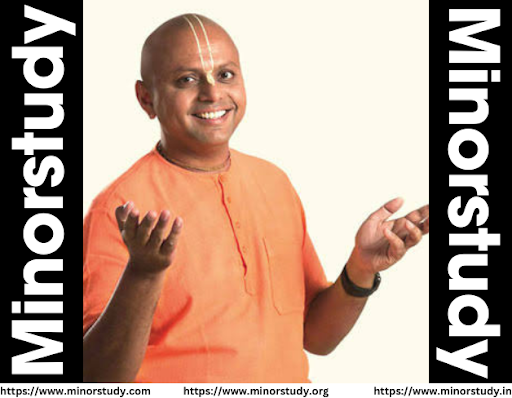Personal Details
Full Name: Dr. Manmohan Singh
Born: September 26, 1932, in Gah, Punjab (now in Pakistan).
Spouse: Gursharan Kaur
Education:
Bachelor’s and Master’s degrees in Economics from Panjab University, Chandigarh.
Further studies at University of Cambridge, earning a First-Class Honors degree in Economics.
D.Phil in Economics from University of Oxford, with a thesis on "India’s Export Trends and Prospects for Self-Sustained Growth."
Career Highlights
1. Economist and Academic:
Dr. Singh began his career as an economist and academic, teaching at prestigious institutions like Panjab University and the Delhi School of Economics.
He worked for international organizations such as the United Nations Conference on Trade and Development (UNCTAD).
2. Economic Reforms (1991):
As Finance Minister of India under Prime Minister P.V. Narasimha Rao (1991–1996), Dr. Singh introduced landmark economic reforms that transformed India’s economy:
Liberalization of trade and investment policies.
Deregulation of industries.
Reduction of fiscal deficits.
Devaluation of the Indian Rupee to boost exports.
His policies laid the foundation for India’s rapid economic growth and globalization.
3. Prime Minister of India (2004–2014):
Dr. Singh served two terms as Prime Minister, leading the United Progressive Alliance (UPA) coalition government.
He was the first Sikh to hold the office of Prime Minister in India.
Achievements as Prime Minister
Economic Growth:
Oversaw India’s economy during a period of high growth, with GDP growth rates peaking at 9% during his tenure.
Focused on inclusive growth, with programs aimed at reducing poverty and improving rural livelihoods.
Landmark Schemes and Policies:
Mahatma Gandhi National Rural Employment Guarantee Act (MGNREGA): Aimed at providing job security in rural areas.
Right to Information Act (RTI): Empowered citizens with access to government information, increasing transparency.
Food Security Act: Ensured subsidized food grains to vulnerable sections of society.
Expansion of infrastructure projects, including roads, airports, and power generation.
Nuclear Deal with the US:
Negotiated the Indo-US Civil Nuclear Agreement, which ended India’s nuclear isolation and allowed it access to nuclear technology for civilian purposes.
Social Development:
Focused on education and health reforms, launching initiatives like the National Rural Health Mission (NRHM).
Promoted women’s empowerment through schemes and increased representation in government programs.
Global Leadership:
Strengthened India’s position on the global stage through strategic partnerships with countries like the US, Russia, and China.
Advocated for climate change action and sustainable development at international forums.
Challenges Faced
Global Financial Crisis (2008):
Successfully managed the Indian economy during the global financial crisis, ensuring stability through fiscal and monetary policies.
Allegations of Corruption:
His second term was marred by allegations of corruption scandals, such as the 2G spectrum scam and the Coal allocation scam, which affected the UPA government’s credibility.
Criticism for Leadership Style:
Dr. Singh faced criticism for his perceived lack of assertiveness in dealing with political challenges within the coalition government.
Awards and Recognition
Padma Vibhushan (1987): India’s second-highest civilian award for his contributions to public service.
Honorary Doctorates: Conferred by multiple prestigious universities worldwide.
Recognized globally as one of the finest economists and leaders in the post-independence era.
Legacy
Dr. Manmohan Singh is remembered for his integrity, humility, and intellectual prowess.
His economic reforms are credited with turning India into one of the fastest-growing economies in the world.
Despite political criticism, he is widely respected for his contribution to India’s progress and his reputation as a leader who prioritized public welfare over personal ambition.
Inspirational Quotes
“There is no plan B for tackling climate change.”
“The brightest future for our country lies in the realization of the potential of our youth.”
Dr. Manmohan Singh remains an iconic figure in India’s political and economic history, symbolizing professionalism, intellect, and unwavering commitment to the nation.














